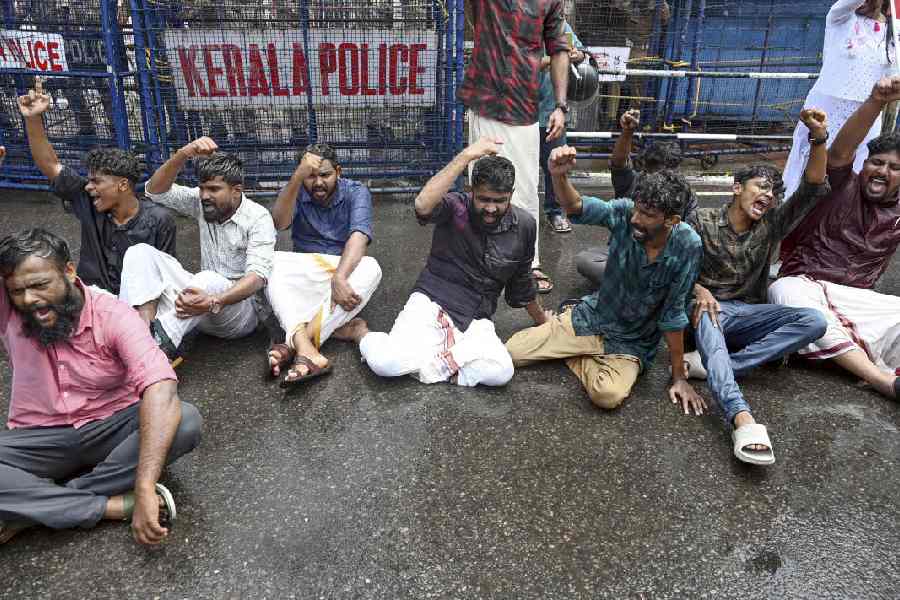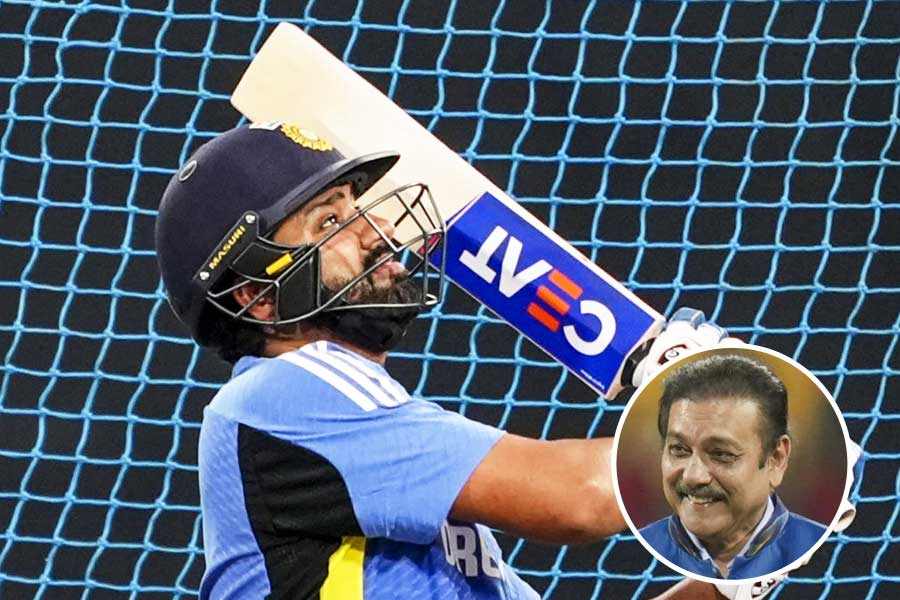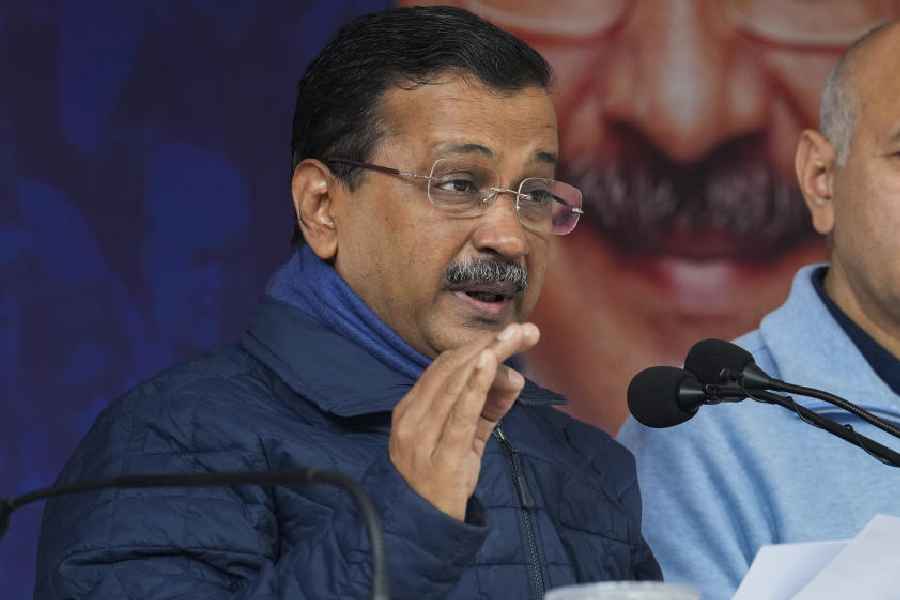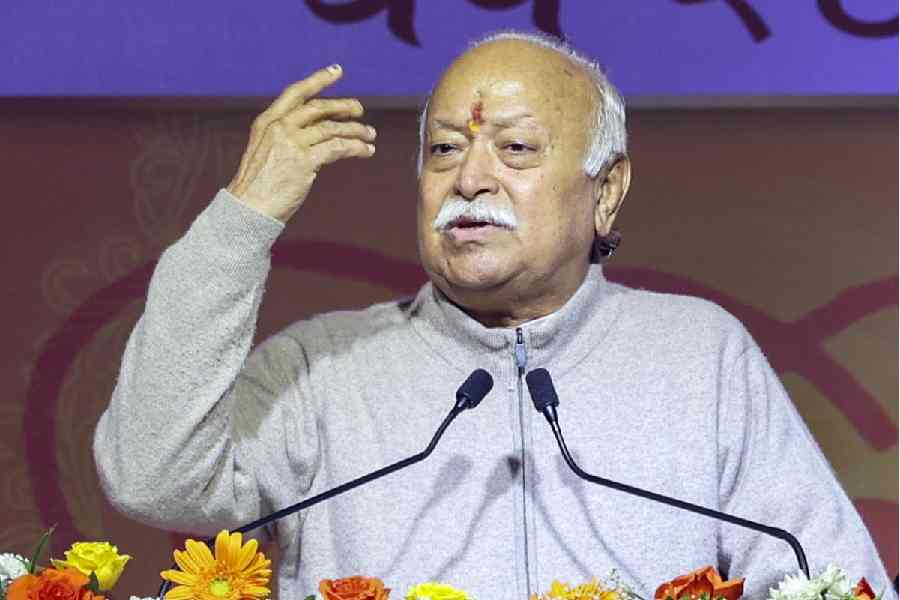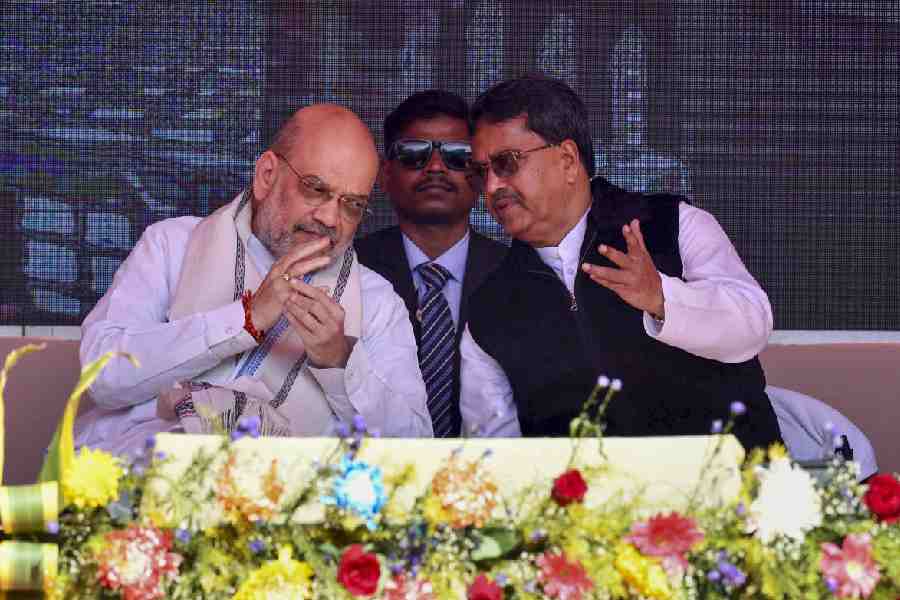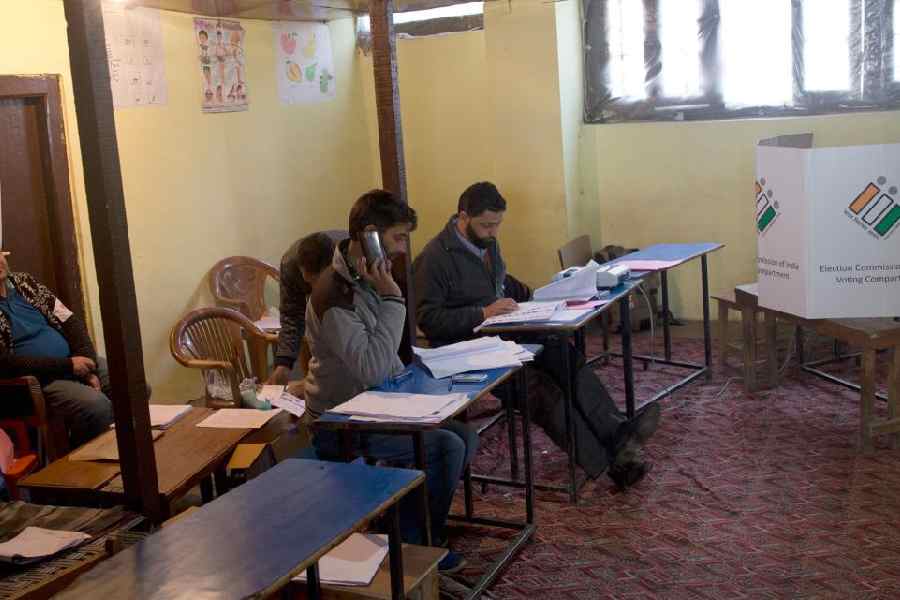The Centre, under attack for paper leaks and other alleged irregularities in exams conducted by its National Testing Agency (NTA), on Saturday removed the agency’s head, postponed an entrance exam for postgraduate medical courses scheduled for June 23, and named a seven-member panel for exam reforms.
Late in the evening, education ministry officials said the probe into the alleged irregularities in NEET-UG had been handed over to the CBI.
The government had on Friday notified new legislation enacted in February with enhanced punishment for engaging or facilitating unfair means in public exams.
Members of India’s academic community said the multiple actions appeared to reflect the Centre’s lack of trust in its own institutions.
The appointments committee of the cabinet, headed by the Prime Minister, removed Subodh Kumar Singh from the post of NTA director-general.
Pradeep Singh Kharola, chairman and managing director of the India Trade Promotion Organisation, has been given the additional charge of NTA director-general till the appointment of a regular incumbent or until further orders, whichever is earlier, a government order said.
Singh has been placed on compulsory wait in the department of personnel and training.
The health ministry on Saturday night postponed the NEET-PG and said a fresh date would be announced soon.
“Taking into consideration the recent incidents of allegations regarding the integrity of certain competitive examinations, Ministry of Health has decided to undertake a thorough assessment of the robustness of processes of NEET-PG Entrance Examination, conducted by National Board of Examination for medical students,” a media release said.
The media release added: “It has accordingly been decided as precautionary measure to postpone the NEET-PG Entrance Examination, scheduled to be held tomorrow i.e. 23rd June, 2024. Fresh date of this examination will be notified at the earliest.”
Suvrankar Datta, vice-president of the Federation of All India Medical Associations, a body representing postgraduate medical doctors, described the announcement just a day before the scheduled date as “absolutely disgraceful.”
“This is pathetic harassment of doctors who have travelled, spent money, and sacrificed time. The government’s incompetence in managing a well-planned exam is unacceptable,” Datta said.
A seven-member panel chaired by former Isro head K. Radhakrishnan has been formed to recommend reforms in exam mechanisms and processes, improvements in data security protocols, and changes to the NTA’s structure and functions, the education ministry said.
On Friday, the Centre notified the Public Examinations (Prevention of Unfair Means) Act, 2024, which came into effect straightaway.
Parliament had passed the act — which prescribes jail terms of three to 10 years and fines of up to ₹1 crore for various categories of violators — in February, but the rules for its implementation have not been notified so far.
The announcement of the panel and the notification without rules have stirred speculation among sections of faculty in higher education institutions whether they are steps towards genuine reforms or mere hurried responses to douse the controversy involving the NTA.
Students’ groups, teachers and Opposition parties have blamed the Centre for what they describe as the NTA’s incompetence and opacity.
The controversy erupted after the NTA cancelled the National Eligibility Test (NET), held on June 18, for admission to PhD programmes and recruitment to colleges as assistant professors. This came days after the agency admitted possible irregularities in the National Eligibility-cum-Entrance Test (NEET) for admission to undergraduate medical courses.
Some faculty members are asking why the Public Examinations (Prevention of Unfair Means) Act was notified before the notification of the rules that would enable authorities to implement the act.
“The bill was passed in February. Nothing was done for four months,” said Anita Rampal, former dean of faculty (education) at Delhi University.
“Now we see a massive mobilisation against the government on the NTA’s failure to conduct (properly) the NEET and the NET. By notifying the law, the government appears to (want to) be seen as having taken some action.”
Rampal and others said the implementation of laws is more important than their enactment.
The country has had laws to address cheating and unfair means in exams even before the enactment of this legislation. “It is difficult to trust the government and its agencies, keeping in view the way existing laws are being used,” Rampal said.
The other members of the panel chaired by Radhakrishnan are: Randeep Guleria, former director of AIIMS, New Delhi; B.J. Rao, vice-chancellor, Central University of Hyderabad; K. Ramamurthy, professor emeritus, civil engineering, IIT Madras; Pankaj Bansal, board member, Karmayogi Bharat, an initiative associated with India’s civil services; Aditya Mittal, dean, student affairs, Delhi University; and Govind Jaiswal, joint secretary, department of education.
Rampal agreed that the panel had well-known members from an IIT and AIIMS but expressed concern about their influence. She said the government had set up similar panels with “big names” to formulate the National Education Policy and the National Curriculum Framework.
“If they (government) are indeed serious, they must lay the ground for an autonomous academic authority through an act of Parliament to ensure public accountability.”
Rajeev Kumar, a retired computer science professor who was formerly at JNU, said a student found involved in malpractice should not be jailed for three years or more as prescribed under the new law.
“Why should students go to jail for institutional failures in the conduct of exams? Strong action against crime syndicates is welcome,” Kumar said.

